Crypto exchanges are the backbone of the crypto ecosystem, enabling users to buy, sell and trade cryptocurrencies.
This guide will help you understand what they are, how they work, and what to consider before using them. Learn about the different types, how to choose the right one, set up an account, buy and sell crypto, fees, security, and more.
Find out about the risks and challenges, the future of exchanges, and the top exchanges and trading platforms. Whether you’re new to crypto or an experienced trader, this guide is essential reading.
Introduction
Crypto exchanges are online platforms that enable users to buy, sell, and trade cryptocurrencies. These exchanges facilitate transactions by matching buyers and sellers and charging a fee for their services. In this guide, we’ll take a closer look at crypto exchanges, how they work, and what you need to know before using one.
What is a Crypto Exchange?
A crypto exchange is an online platform that enables users to buy, sell, and trade cryptocurrencies. These exchanges function similarly to traditional stock exchanges but trade cryptocurrencies instead of stocks.
Crypto exchanges are essential for the growth of the cryptocurrency industry, as they provide a platform for users to buy and sell cryptocurrencies. These exchanges are responsible for setting the price of cryptocurrencies and facilitating transactions between buyers and sellers.
How Does a Crypto Exchange Work?
Crypto exchanges operate similarly to traditional stock exchanges. You place an order when you buy or sell cryptocurrency on a crypto exchange. The exchange matches buyers and sellers and facilitates the transaction by transferring the cryptocurrencies and funds between the two parties.
Crypto exchanges make money by charging fees for their services. These fees can include transaction fees, withdrawal fees, and deposit fees.

Types of cryptocurrency exchanges:
There are several types of crypto exchanges, each with its own unique features and characteristics. The most common types of crypto exchanges include:
1. Centralized Exchanges (CEX):
- Centralized exchanges, also known as CEX, are the most common type of cryptocurrency exchange. They are operated by a centralized authority and function similarly to traditional stock exchanges. CEXs match buyers and sellers of cryptocurrencies and charge fees for their services. They are highly regulated and offer high security, making them a popular choice for beginners and experienced traders.
However, a central authority operates centralized exchanges, making them vulnerable to hacking and other security breaches. They also require users to trust the exchange with their cryptocurrencies, which can concern some traders.
2. Decentralized Exchanges (DEX):
- Decentralized exchanges, or DEX, operate on a decentralized network of users and do not have a central authority. DEXs enable users to trade cryptocurrencies directly with each other without the need for a middleman. This offers higher anonymity and security, making them a popular choice among privacy advocates.
However, DEXs can be less user-friendly than centralized exchanges and have a smaller trading volume. The lack of a central authority also means that there is less regulation and oversight, which can lead to potential risks.
3. Hybrid Exchanges:
- Hybrid exchanges combine the features of both centralized and decentralized exchanges. They balance security and usability, making them a popular choice among traders. Hybrid exchanges operate on a decentralized network but are still regulated by a central authority, providing additional security for users.
4. Brokerage Exchanges:
- Brokerage exchanges offer a simple and user-friendly interface for buying and selling cryptocurrencies. They allow users to purchase cryptocurrencies directly from the exchange rather than matching buyers and sellers. This makes them a popular choice among beginners and those who want a straightforward way to invest in cryptocurrencies.
However, brokerage exchanges typically charge higher fees than other types of exchanges, and they may not offer as much control over the buying and selling process.
5. P2P Exchanges:
- P2P (peer-to-peer) exchanges enable users to trade cryptocurrencies directly with each other without needing a centralized authority. They offer high anonymity and security, making them a popular choice among privacy advocates.
However, P2P exchanges can be more challenging to use than other types of exchanges, and there is a higher risk of fraud and scams due to the lack of regulation and oversight.
Each cryptocurrency exchange type has unique advantages and disadvantages, and the right exchange for you will depend on your specific needs and preferences. It’s essential to do your research and choose an exchange that offers the features and characteristics that matter most to you.

Choosing a Crypto Exchange
Methodology of How We Find the Best Cryptocurrency Trading Platform:
Choosing the right crypto exchange is essential for a successful cryptocurrency investment journey. When selecting a crypto exchange, there are several factors you need to consider, including:
1. Security:
- The security of a crypto exchange is crucial, as you don’t want to lose your cryptocurrencies due to a hack or other security breach. Look for exchanges that offer robust security features, such as two-factor authentication, SSL encryption, and cold storage of funds.
2. Fees:
- Crypto exchanges charge various fees for their services, including transaction fees, withdrawal fees, and deposit fees. These fees can vary widely between different exchanges, so choosing an exchange that offers reasonable fees for the services you need is essential.
3. Payment methods:
- Crypto exchanges support various payment methods, including bank transfers, credit/debit cards, and digital wallets. Choose an exchange that offers the payment methods that work best for you.
4. User interface:
- Some crypto exchanges can be challenging to use, especially for beginners. Choose an exchange that has a user-friendly interface and offers helpful customer support.
5. Coin selection:
- Not all crypto exchanges support all cryptocurrencies, so you must ensure the exchange you choose supports the cryptocurrencies you want to buy or sell.
6. Customer support:
- Look for exchanges that offer good customer support, including fast response times, knowledgeable staff, and multiple support channels.
7. Reputation:
- The reputation of a crypto exchange is essential. Look for exchanges with a good track record of security and customer service.
8. Legal compliance:
- Some crypto exchanges are not compliant with local regulations and laws. Ensure the exchange you choose complies with the regulations in your jurisdiction to avoid legal issues.
9. Trading volume:
- The trading volume of an exchange is an indicator of its liquidity and popularity. Look for exchanges with high trading volume, as they offer better liquidity and tighter spreads.
Choosing the right crypto exchange is essential for a successful cryptocurrency investment journey. By considering these factors and doing your research, you can choose an exchange that offers the features and characteristics that matter most to you.
Setting Up a Crypto Exchange Account
To use a crypto exchange, you must set up an account first. The account registration process can vary between different exchanges, but it usually involves providing your name, email address, and other personal information. You may also need to provide some identification documents, such as a passport or driver’s license, to verify your identity.
Depositing Funds into Your Crypto Exchange Account
Once you have set up your account, you must deposit funds into it to start trading cryptocurrencies. Crypto exchanges support various deposit methods, including bank transfers, credit/debit cards, and digital wallets.
Buying Cryptocurrencies on a Crypto Exchange
You need to order to buy cryptocurrencies on a crypto exchange. The process can vary between different exchanges, but it usually involves selecting the cryptocurrency you want to buy, specifying the amount, and choosing a payment method. Once your order is placed, the exchange will match you with a seller and transfer the cryptocurrency to your account once the payment is confirmed.
Selling Cryptocurrencies on a Crypto Exchange
Selling cryptocurrencies on a crypto exchange is similar to buying them. You must place an order, specify the amount you want to sell, and choose a payment method. Once your order is placed, the exchange will match you with a buyer and transfer the funds to your account once the transaction is confirmed.
Fees on Crypto Exchanges
Crypto exchanges charge various fees for their services. These fees can include transactions, withdrawals, deposits, and other fees. The fees can vary widely between different exchanges, so choosing an exchange that offers reasonable fees for the services you need is essential.
Security on Crypto Exchanges
The security of a crypto exchange is essential, as you don’t want to lose your cryptocurrencies due to a hack or other security breach. Crypto exchanges implement various security measures to protect their users’ funds, including two-factor authentication, SSL encryption, and cold storage.
Storing Cryptocurrencies
After buying cryptocurrencies on a crypto exchange, you need to store them securely. You can store your cryptocurrencies online or offline in a digital wallet. Digital wallets come in various forms, including software, hardware, and paper wallets.
Risks and Challenges of Crypto Exchanges
Crypto exchanges face various risks and challenges, including hacking, regulatory risks, and liquidity risks. These risks can lead to the loss of users’ funds and negatively impact the whole cryptocurrency market.
The Future of Crypto Exchanges
Crypto exchanges will continue to play a crucial role in the growth and development of the cryptocurrency industry. We expect more regulation, better security measures, and more user-friendly interfaces as the industry matures.
Top Crypto Exchanges and Trading Platforms
Many crypto exchanges and trading platforms are available in the market today, each with unique features and characteristics. Here are some of the top crypto exchanges and trading platforms:

Binance
Binance is one of the world’s largest and most popular crypto exchanges. It offers a wide range of cryptocurrencies and low trading fees, making it a popular choice among traders. Binance supports several cryptocurrencies, including Bitcoin, Ethereum, and Ripple. It offers both desktop and mobile trading platforms, as well as a range of advanced trading tools.
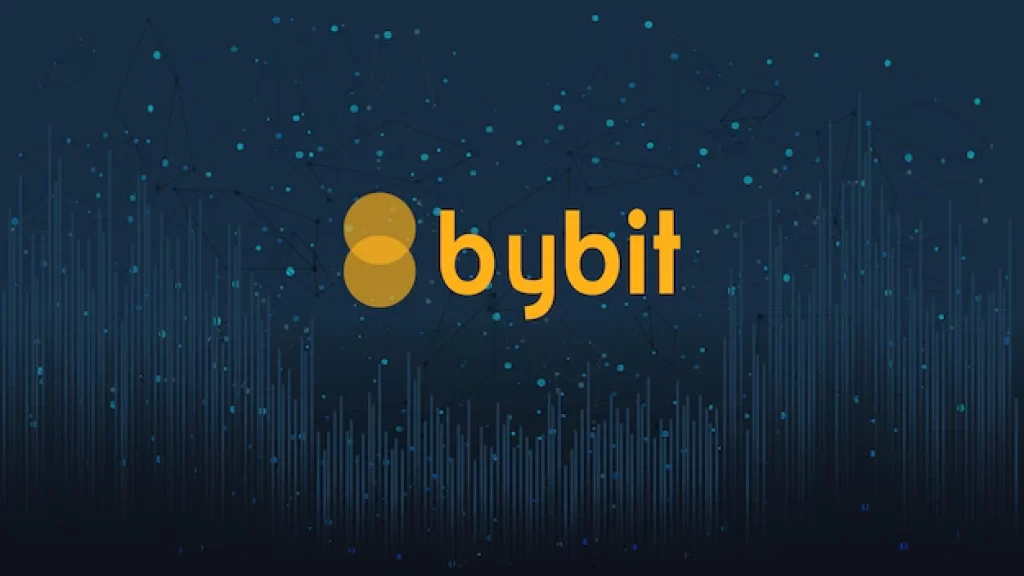
Bybit
Bybit is a popular crypto trading platform that offers advanced trading features, such as margin trading and perpetual contracts. It is known for its high-leverage trading and low fees. Bybit is popular among professional traders due to its advanced features, high liquidity, and tight spreads. It supports several cryptocurrencies, including Bitcoin, Ethereum, and Ripple.
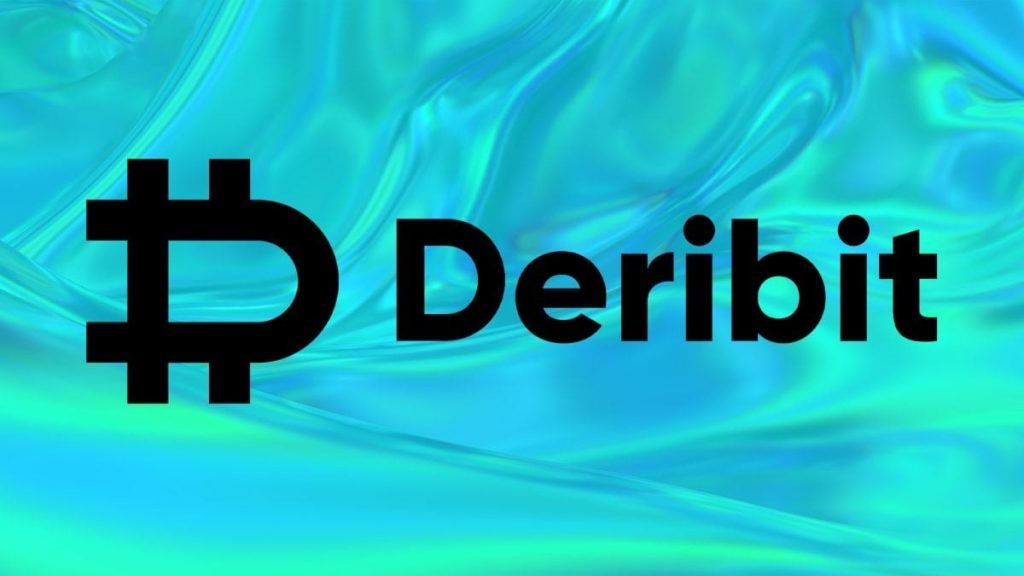
Deribit
Deribit is a crypto exchange that specializes in options and futures trading. It is known for its high liquidity and tight spreads, making it a popular choice among professional traders. Deribit supports several cryptocurrencies, including Bitcoin, Ethereum, and Litecoin. It offers both desktop and mobile trading platforms, as well as a range of advanced trading tools.
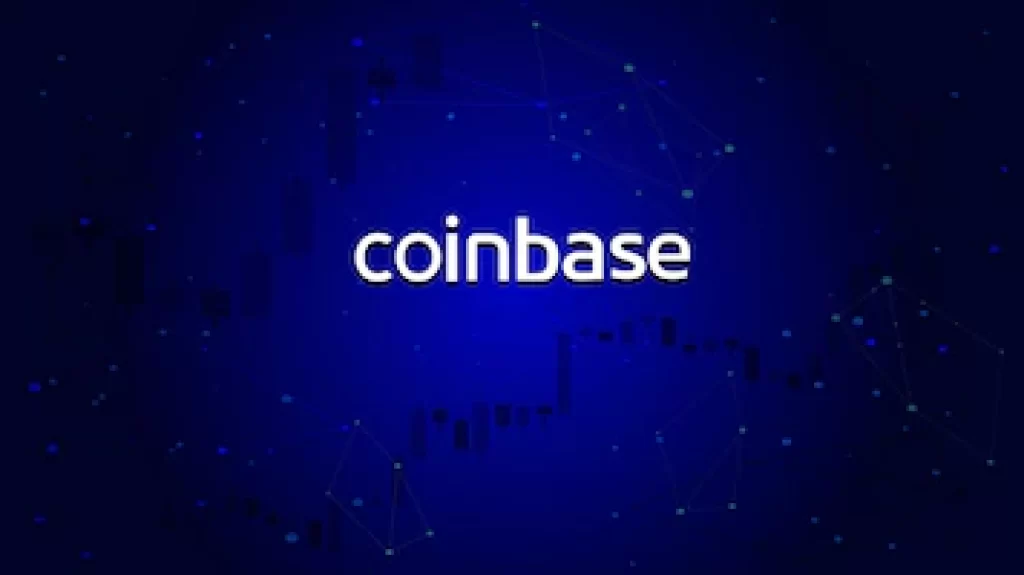
Coinbase
Coinbase is a popular crypto exchange that is known for its user-friendly interface and beginner-friendly features. It offers a limited selection of cryptocurrencies, including Bitcoin, Ethereum, and Litecoin, but it is highly regulated and offers high levels of security. Coinbase offers both desktop and mobile trading platforms, as well as a range of advanced trading tools.

Kucoin
Kucoin is a popular crypto exchange that offers a wide range of cryptocurrencies and low trading fees. It is known for its high liquidity and tight spreads, making it a popular choice among traders. Kucoin supports several cryptocurrencies, including Bitcoin, Ethereum, and Litecoin. It offers both desktop and mobile trading platforms, as well as a range of advanced trading tools.
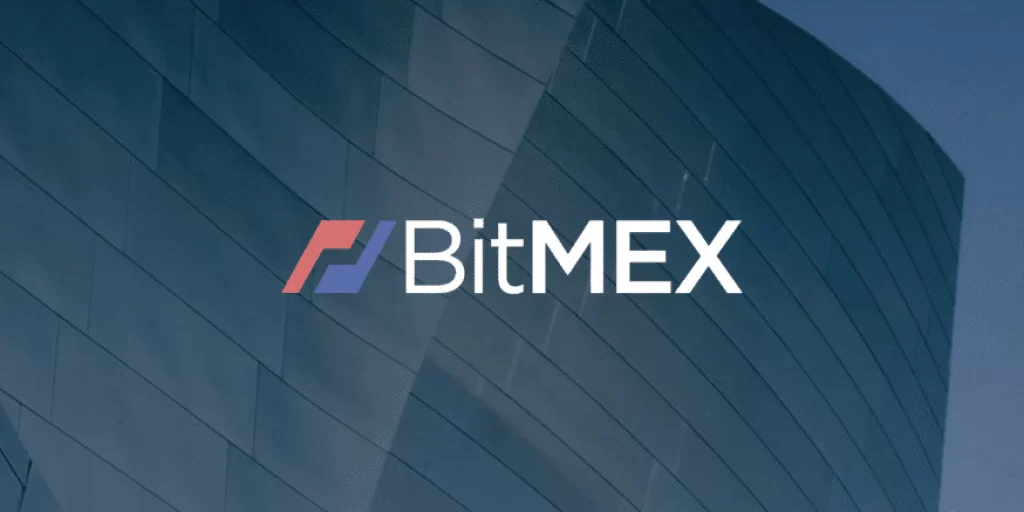
BitMEX
BitMEX is a popular crypto trading platform offering advanced features and high-leverage trading. It is known for its high liquidity and tight spreads, but it is unavailable to traders in certain jurisdictions. BitMEX supports several cryptocurrencies, including Bitcoin, Ethereum, and Litecoin. It offers both desktop and mobile trading platforms, as well as a range of advanced trading tools.

Bitfinex
The platform is known for its advanced trading features and high liquidity, making it a popular choice for experienced traders and traders looking for fast execution of large trades.

Huobi
Huobi is a popular crypto exchange that offers a wide range of cryptocurrencies and low trading fees. It is known for its high liquidity and tight spreads, making it a popular choice among traders. Huobi supports several cryptocurrencies, including Bitcoin, Ethereum, and Litecoin. It offers both desktop and mobile trading platforms, as well as a range of advanced trading tools.

CEX.IO
CEX.IO is a popular crypto exchange that offers a wide range of cryptocurrencies and low trading fees. It is known for its user-friendly interface and excellent customer support. CEX.IO supports several cryptocurrencies, including Bitcoin, Ethereum, and Ripple. It offers both desktop and mobile trading platforms, as well as a range of advanced trading tools.

Coinmama
Coinmama is a popular crypto exchange specialising in buying and selling cryptocurrencies with credit or debit cards. It is known for its user-friendly interface and excellent customer support. Coinmama supports several cryptocurrencies, including Bitcoin, Ethereum, and Ripple. It offers both desktop and mobile trading platforms, as well as a range of advanced trading tools.

eToro
eToro is a popular social trading platform that allows users to copy the trades of other successful traders. It offers a wide range of cryptocurrencies and low trading fees, making it a popular choice among beginner traders. eToro supports several cryptocurrencies, including Bitcoin, Ethereum, and Ripple. It offers both desktop and mobile trading platforms, as well as a range of advanced trading tools.

Kraken
Kraken is a popular crypto exchange that offers a wide range of cryptocurrencies and low trading fees. It is known for its robust security features and excellent customer support. Kraken supports several cryptocurrencies, including Bitcoin, Ethereum, and Litecoin. It offers both desktop and mobile trading platforms, as well as a range of advanced trading tools.

Poloniex
Poloniex is a popular crypto exchange that offers a wide range of cryptocurrencies and advanced trading features, such as margin trading and lending. It is known for its high liquidity and tight spreads, making it a popular choice among traders. Poloniex supports several cryptocurrencies, including Bitcoin, Ethereum, and Litecoin. It offers both desktop and mobile trading platforms, as well as a range of advanced trading tools.
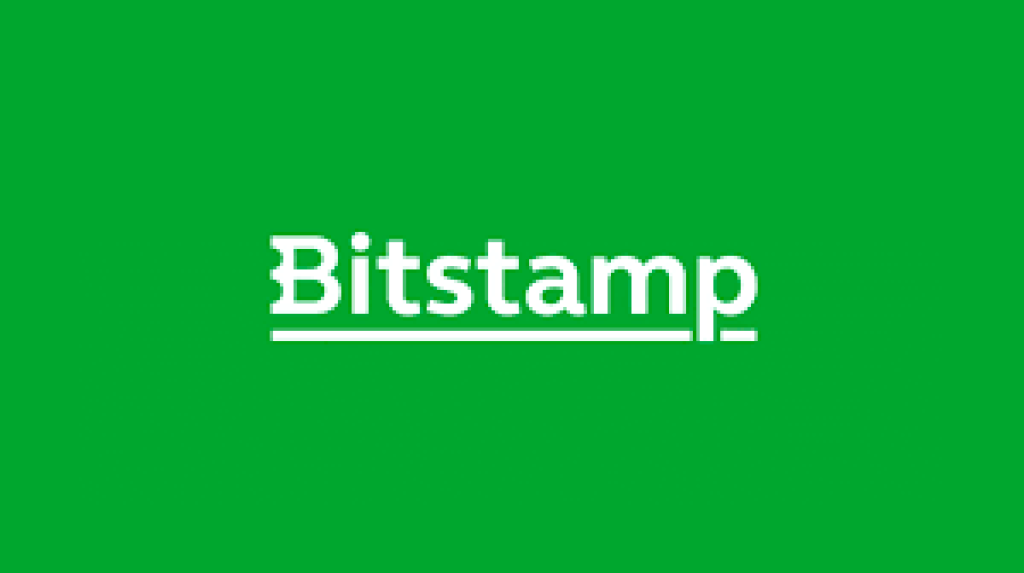
Bitstamp
Bitstamp is a popular crypto exchange that is known for its high levels of security and excellent customer support. It offers a wide range of cryptocurrencies, including Bitcoin, Ethereum, and Ripple. Bitstamp supports both desktop and mobile trading platforms, as well as a range of advanced trading tools.
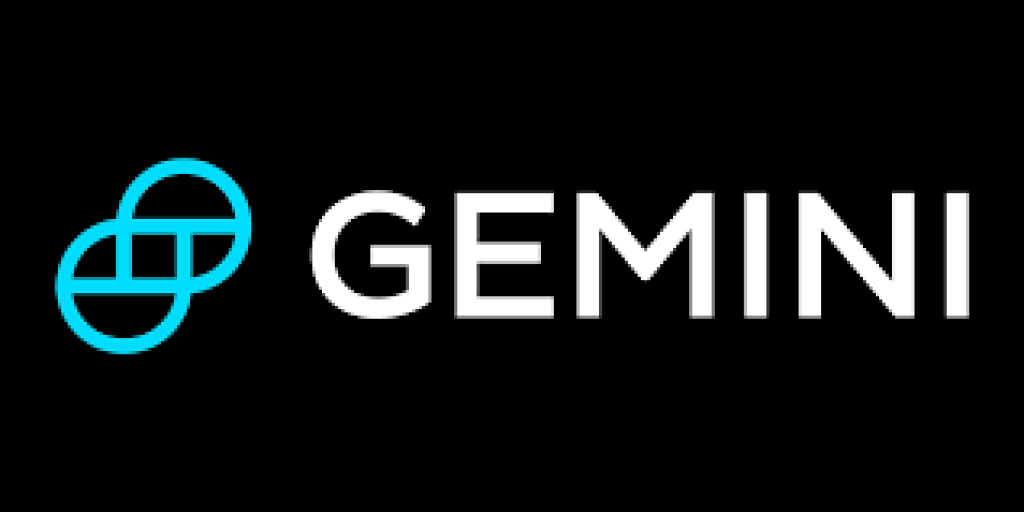
Gemini
Gemini is a popular crypto exchange that is known for its high levels of security and excellent customer support. It offers a limited selection of cryptocurrencies, including Bitcoin, Ethereum, and Litecoin. Gemini is highly regulated and offers high levels of security. It supports both desktop and mobile trading platforms, as well as a range of advanced trading tools.

Changelly
Changelly is a popular crypto exchange specializing in buying and selling cryptocurrencies with credit or debit cards. It is known for its fast and user-friendly interface. Changelly supports several cryptocurrencies, including Bitcoin, Ethereum, and Litecoin. It offers both desktop and mobile trading platforms, as well as a range of advanced trading tools.

LocalBitcoins
LocalBitcoins is a popular peer-to-peer crypto exchange that allows users to buy and sell cryptocurrencies directly with each other. It offers high anonymity and security, but users need to be cautious of potential fraud and scams. LocalBitcoins supports several cryptocurrencies, including Bitcoin, Ethereum, and Litecoin. It offers both desktop and mobile trading platforms, as well as a range of advanced trading tools.
FAQs
Are all crypto exchanges the same?
No, there are various types of crypto exchanges, each with its own unique features and characteristics.
How do I choose the right crypto exchange?
Consider factors such as security, reputation, fees, supported cryptocurrencies, and user-friendliness when choosing a crypto exchange.
Can I buy and sell cryptocurrencies on the same exchange?
Can I buy and sell cryptocurrencies on the same exchange? Yes, most crypto exchanges allow users to buy and sell cryptocurrencies on the same platform.
Are crypto exchanges safe?
Crypto exchanges implement various security measures to protect their users’ funds, but they are still vulnerable to hacking and other security breaches. Using a reputable exchange and taking additional security precautions, such as using two-factor authentication and storing your cryptocurrencies in a secure wallet, is important.
Can I withdraw my cryptocurrencies from a crypto exchange?
Yes, crypto exchanges allow users to withdraw their cryptocurrencies to an external wallet. However, withdrawal fees and minimum withdrawal amounts may apply.






